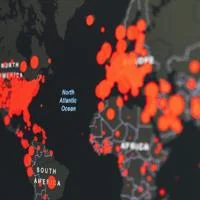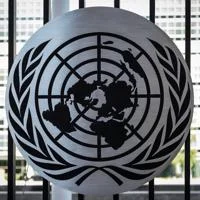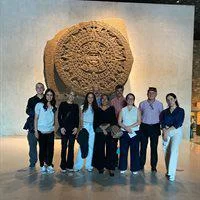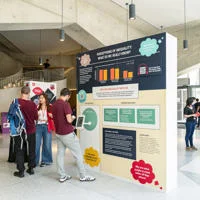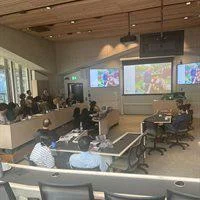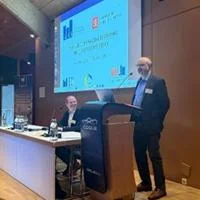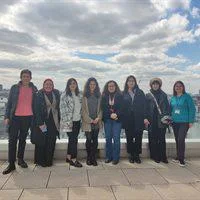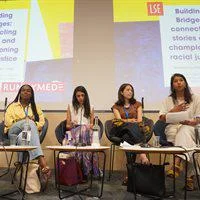Knowledge Exchange and Impact
The International Inequalities Institute’s research programmes, core researchers, faculty associates and visiting fellows connect with various non-academic audiences, research end-users and policymakers. Below are a selected number of examples given to highlight the III’s knowledge exchange and impact (KEI) activities.
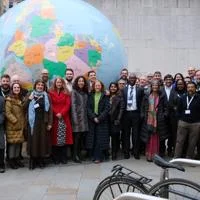
Too Much Finance
The III hosted the international research and policy conference Too Much Finance in January 2026, in collaboration with the Tax Justice Network, Atlantic Fellows for Social & Economic Equity (AFSEE), the Balanced Economy Project, The Finance Innovation Lab and the Manchester School journal. Over two days, researchers and policymakers examined an insight that is well-established but still underappreciated in policy design: oversized financial sectors undermine economic performance and fuel inequality.
Research findings were interwoven throughout policy discussions, with keynote talks delivered by Thorsten Beck and Jayati Ghosh, and a dedicated roundtable on translating evidence into policy implications. A series of reflections from participants will be published to share key takeaways and to extend the conversation toward practical change.
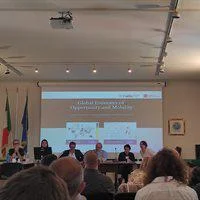
Global Estimates of Opportunity and Mobility Database
The Global Estimates of Opportunity and Mobility (GEOM) database was officially launched during the ‘Equality of opportunity and intergenerational mobility: a global perspective’ conference that took place in Bari, Italy on the 6 and 7 June 2024. This database offers the most comprehensive set of estimates on Inequality of Opportunity available worldwide. To date, GEOM contains estimates for 72 countries, accounting for 67% of the world’s population and covering a time span as wide as 40 years in some cases. The database is now online and has attracted the interest of media and scholars around the globe, including mentions in a recent Fairness Foundation report in the UK, and in Il Sole 24 Ore, a leading Italian newspaper.

Non-dom status abolished
As part of the 2024 Spring Budget, the former Chancellor announced that the non-domiciled (non-dom) tax regime will be phased out. From April 2025, people who move to the UK will not have to pay tax on money they earn overseas for the first four years. After that period, if they continue to live in the UK, they will pay the same tax as everyone else. This news followed influential research by Dr Arun Advani, Dr Andy Summers and David Burgherr showing that abolishing the regime could raise £3.2 billion a year for the UK economy. In 2023 the Labour Party pledged to abolish non-dom status, and the Conservative government was initially sceptical, but the compelling weight of evidence soon forced a change of view.
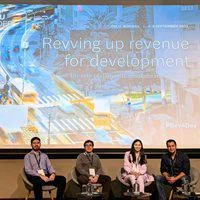
SOUTHMOD - simulating tax and benefit policies for development
The International Inequalities Institute has delivered targeted capacity-building training to key government institutions across Latin America. In September 2024, Dr H. Xavier Jara conducted intensive training at Bolivia's Ministry of Economy and Public Finance on BOLMOD, the tax-benefit microsimulation model developed through the III's SOUTHMOD project. The training engaged officials from multiple ministries and the National Statistical Office, culminating in discussions with Vice-minister Carlos David Guachalla Terrazas on tax-benefit reform simulations.
Building on this success, III researchers delivered specialized training to Ecuador's National Statistical Institute (INEC) in October 2024. This training operates under a formal Memorandum of Understanding between INEC and III, establishing ongoing collaboration for evidence-based policy development.
Training courses on the use of tax-benefit microsimulation for policy analysis were also successfully delivered to government officials in Peru and Costa Rica, with the launch of PERUMOD and CRIMOD. The workshops included participants from government ministries, central banks and tax authorities of each country.

